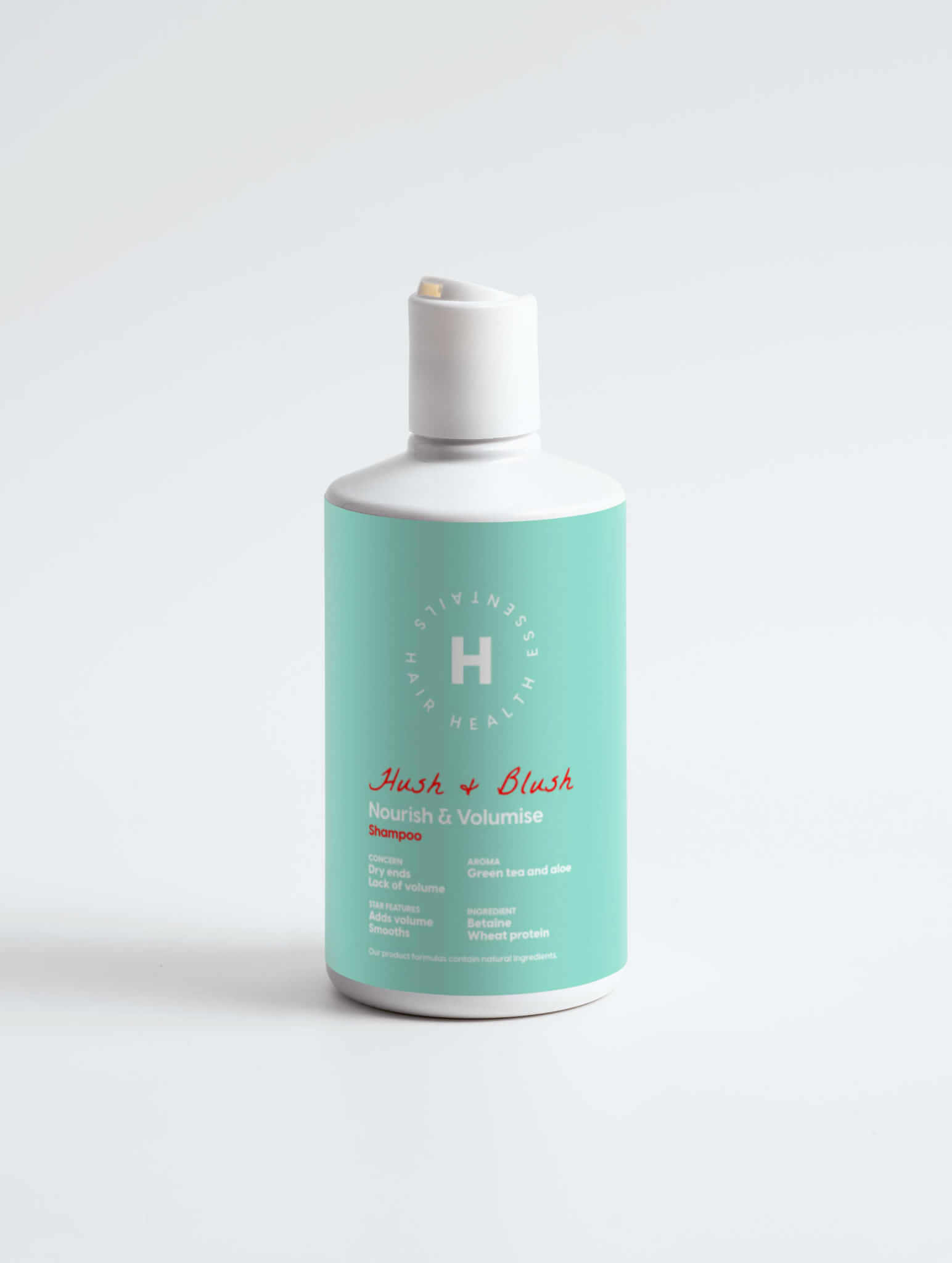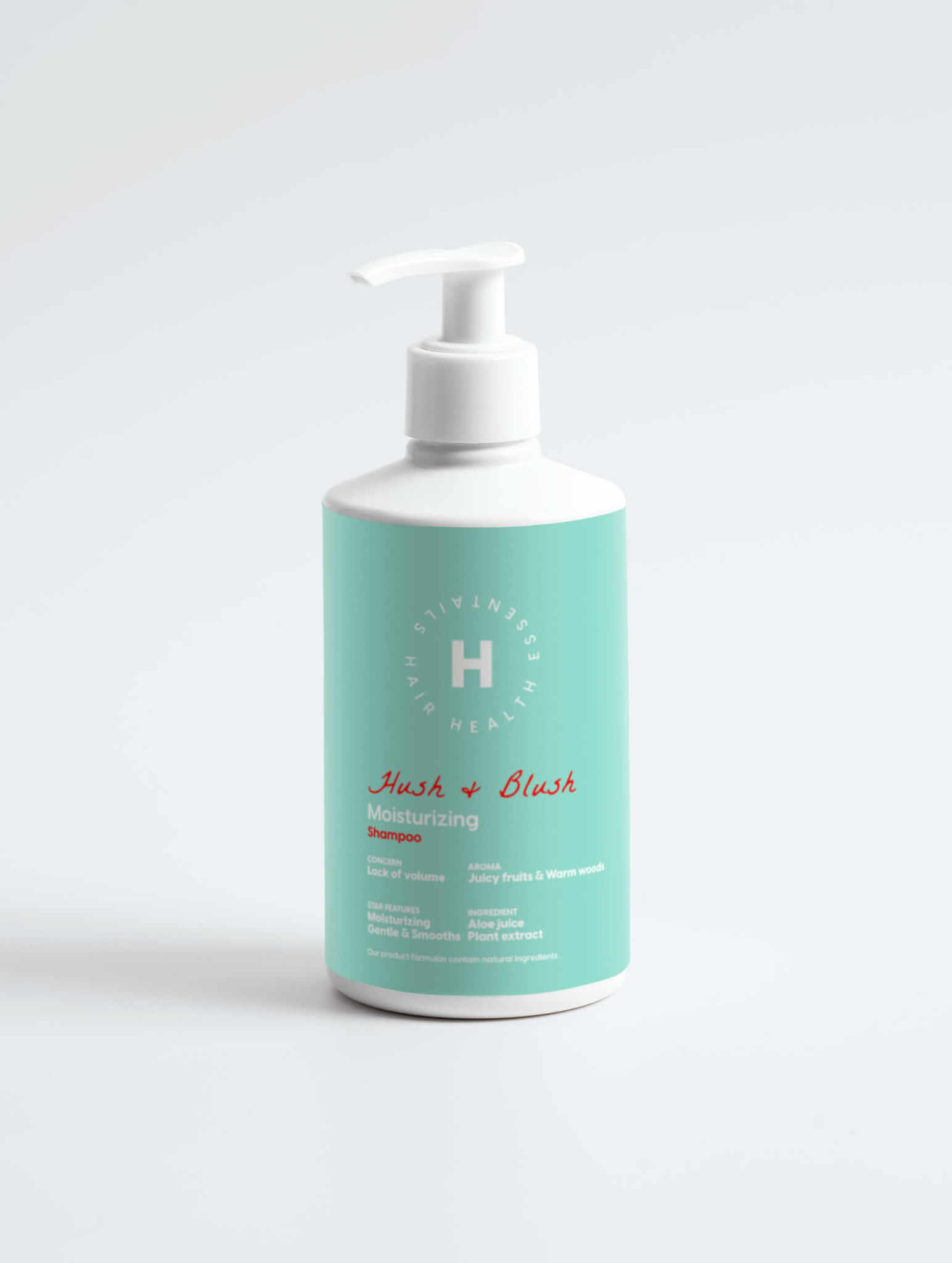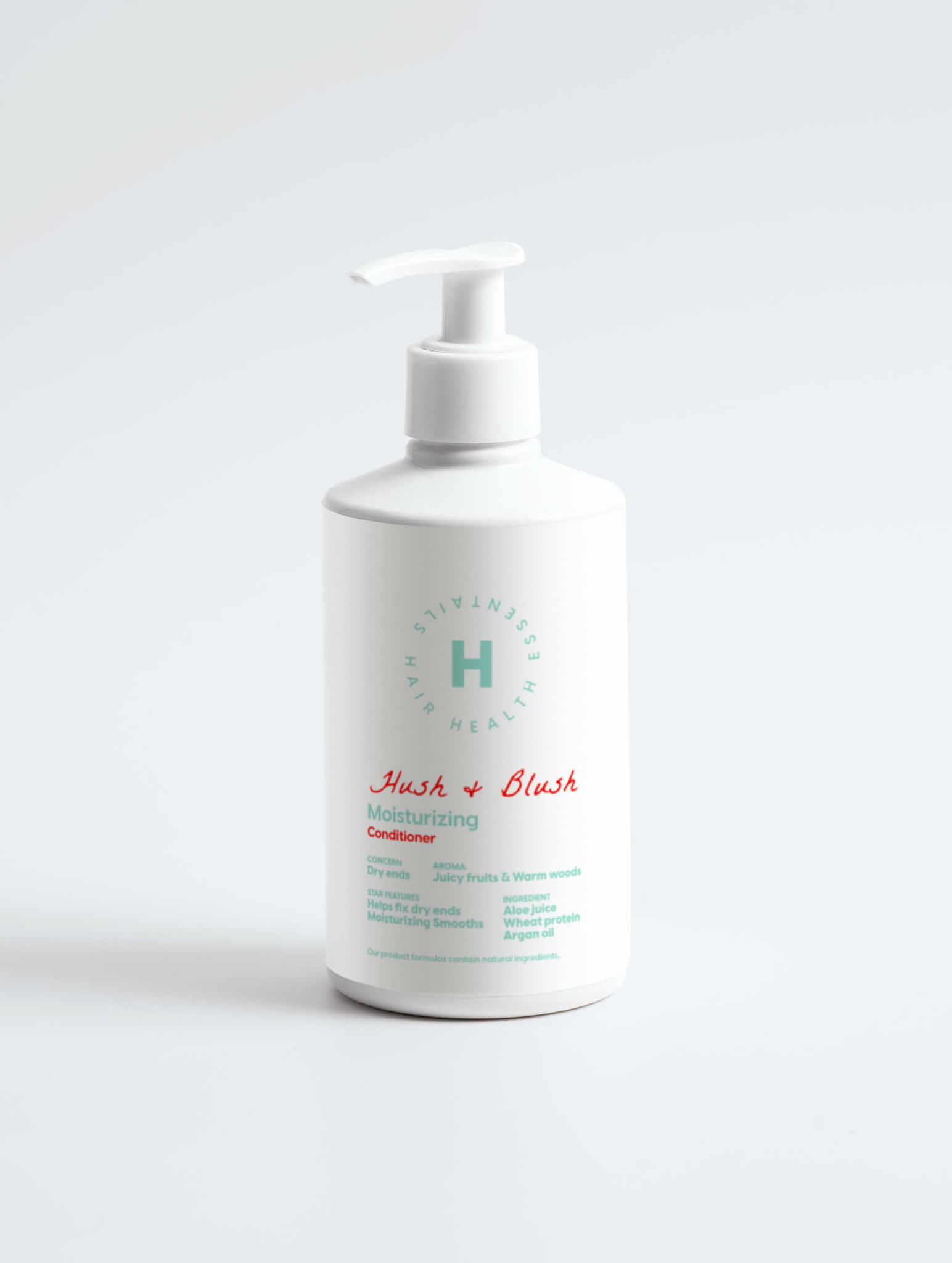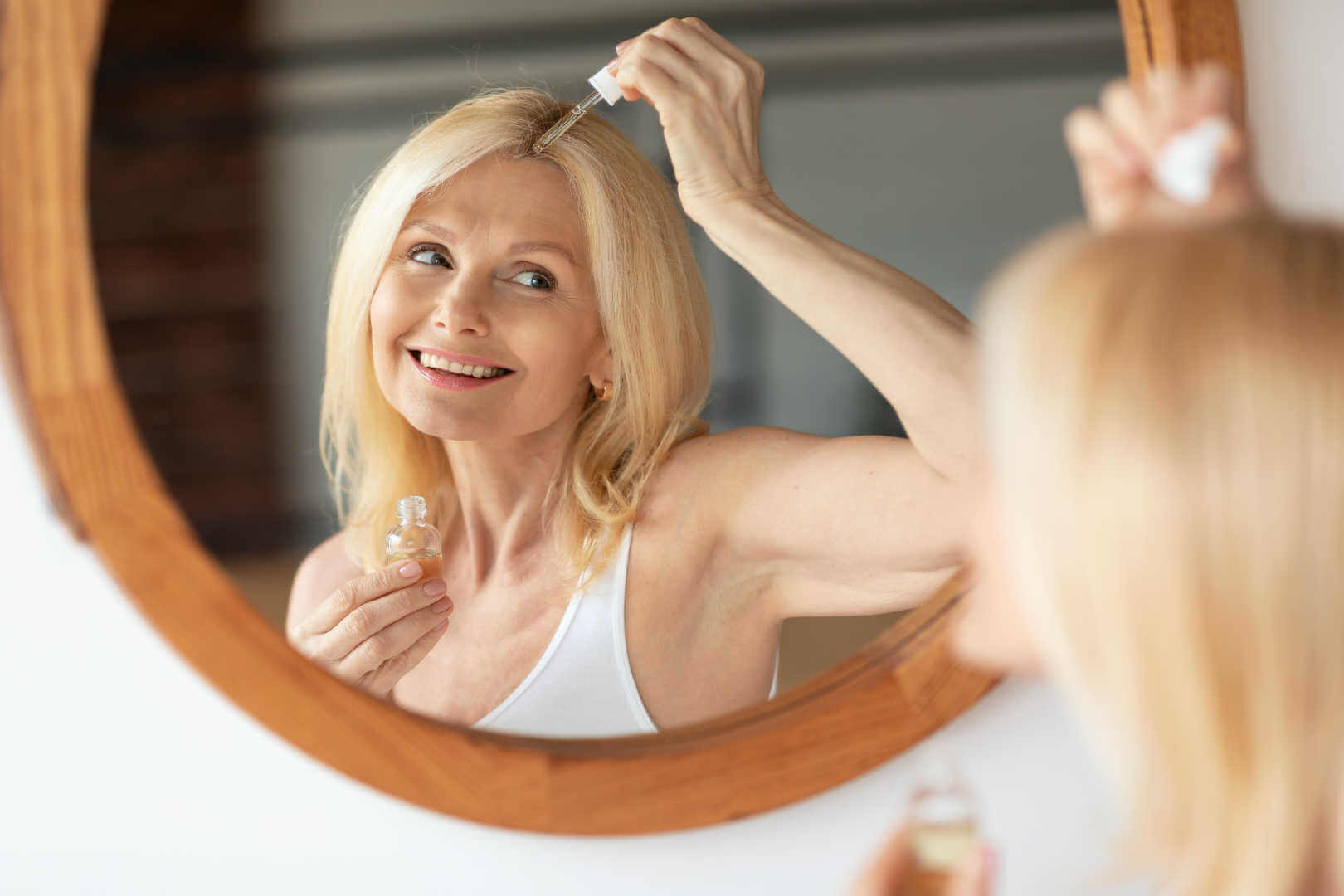The Science Behind Menopausal Hair Loss
Before we dive into the stress-hair loss connection, it’s essential to understand the biological underpinnings of menopausal hair loss. Hormones play a pivotal role. During menopause, the body experiences a significant decline in estrogen and progesterone, which have been shown to support hair growth. Simultaneously, androgens, often considered male hormones, become more dominant. These hormonal shifts can trigger a condition known as androgenetic alopecia, leading to hair thinning and loss.
Stress as a Precipitating Factor
While hormonal changes are a primary contributor to menopausal hair loss, stress acts as a potent precipitating factor. The body’s response to stress triggers a cascade of physiological reactions, including the release of stress hormones like cortisol. Elevated cortisol levels can disrupt the delicate balance of sex hormones, exacerbating hair loss.
Furthermore, stress can lead to vasoconstriction, reducing blood flow to hair follicles. This decreased blood supply deprives follicles of vital nutrients, hindering hair growth and leading to thinning and shedding.
The Vicious Cycle of Stress and Hair Loss
What makes the relationship between stress and hair loss particularly challenging is the creation of a vicious cycle. As women witness hair loss, they often experience heightened stress and anxiety. This emotional response, in turn, exacerbates the problem. The fear of losing hair can become all-consuming, further fueling stress levels.
Identifying Stress-Related Hair Loss
It’s crucial to distinguish between various types of hair loss. Stress-related hair loss often presents as diffuse thinning, where hair becomes noticeably thinner all over the scalp. Unlike other forms of hair loss, stress-induced shedding is usually temporary, and hair may eventually grow back with effective stress management.
Effective Stress Management Techniques
Now that we’ve unraveled the connection between stress and menopausal hair loss, let’s explore practical stress management techniques that can help women regain control and support hair health.
- Mindfulness Meditation: Mindfulness techniques can help women reduce stress by focusing on the present moment and cultivating a sense of calm. Regular meditation practice can lead to decreased cortisol levels and promote relaxation.
- Yoga and Tai Chi: These mind-body practices combine physical activity with stress reduction. Yoga and Tai Chi can improve blood circulation, reduce tension, and enhance overall well-being.
- Regular Exercise: Engaging in regular physical activity can be an effective way to manage stress. Exercise releases endorphins, the body’s natural mood lifters, and helps combat stress-related hormones.
- Balanced Diet: Proper nutrition is essential for hair health. A balanced diet rich in vitamins and minerals, especially biotin and keratin, can support hair growth. Consult with a nutritionist for personalized dietary recommendations.
- Adequate Sleep: Prioritize quality sleep to allow the body to recover and repair. Sleep deprivation can elevate stress levels and exacerbate hair loss.
- Stress-Reduction Techniques: Explore stress-reduction techniques such as deep breathing exercises, progressive muscle relaxation, and aromatherapy. These practices can help women manage daily stressors effectively.
- Support Networks: Building a support network of friends, family, or support groups can provide an emotional outlet for women experiencing stress and hair loss. Sharing experiences and receiving encouragement can alleviate anxiety.
- Professional Counseling: In severe cases, seeking counseling or therapy from a mental health professional can be immensely beneficial. Therapy can provide coping strategies for managing stress and the emotional impact of hair loss.
Conclusion
Menopausal hair loss, exacerbated by stress, can be a challenging experience for women. However, understanding the intricate relationship between stress and hair health is the first step toward effective management. By implementing stress-reduction techniques and seeking support when needed, women can navigate this phase of life with greater confidence and maintain healthy, vibrant hair. Remember, addressing stress not only benefits your hair but also contributes to overall well-being during the transformative journey of menopause.
"Remember with Hair Health Essentials Better Hair days Are Ahead"
Our Menopause Collection
We understand that hormonal changes present unique challenges for your hair, from dryness to thinning and a lack of volume. That’s why we’ve curated a specialized collection designed to nourish, rejuvenate, and elevate your hair.
Related Articles
September 12, 2023
Scalp Care Essentials during Menopause: Nurturing Your Hair’s Foundation
Menopause is a transformative phase in a woman's life, marked by hormonal…
September 12, 2023
Adapting to Hair Texture Changes During Menopause: Tips and Strategies
Menopause is a natural phase of a woman's life, signaling the end of the…
September 12, 2023
Nutritional Support for Menopausal Hair: A Comprehensive Guide
Menopause is a transformative phase in a woman's life, marked by significant…








